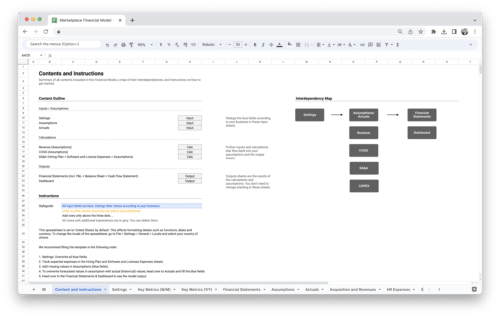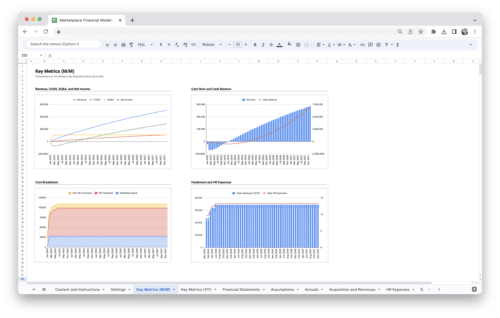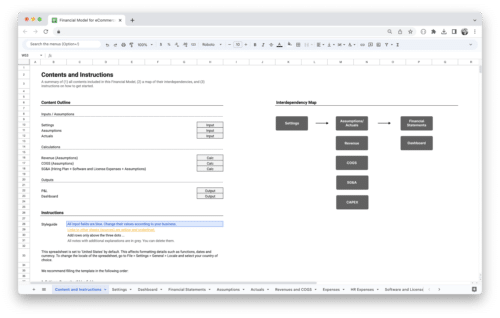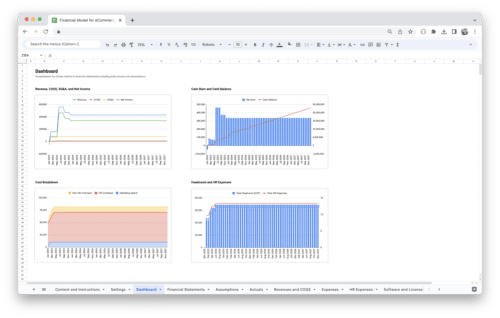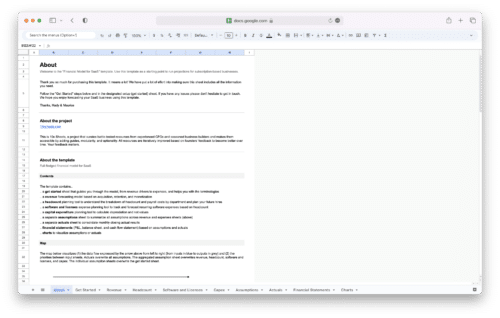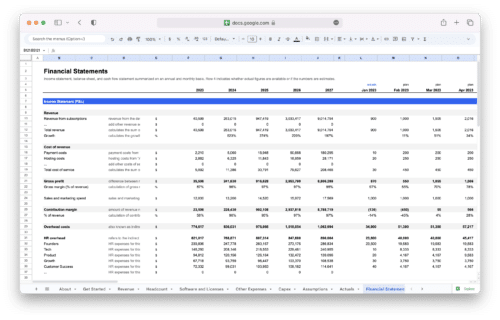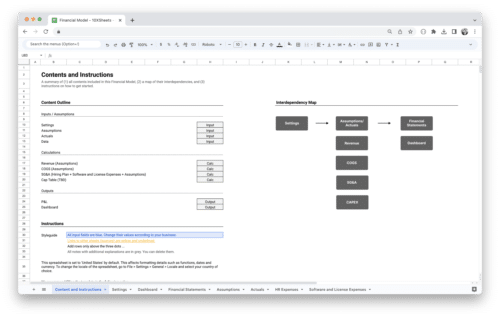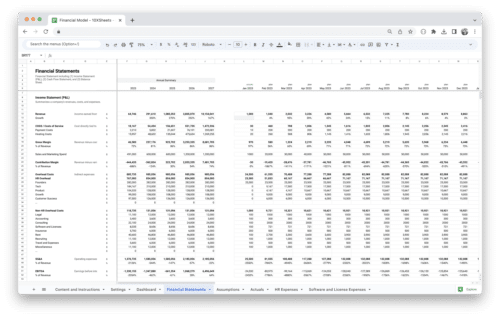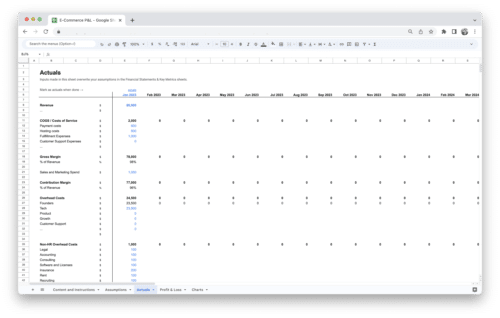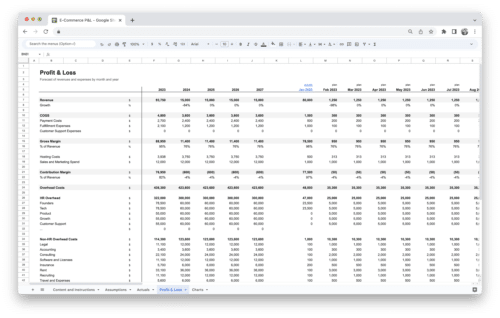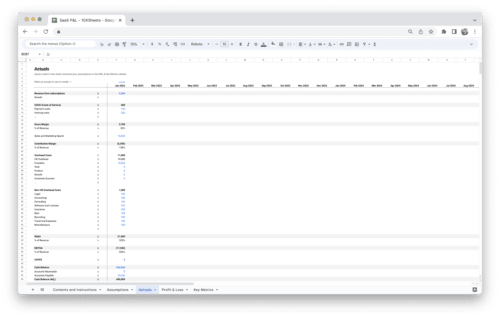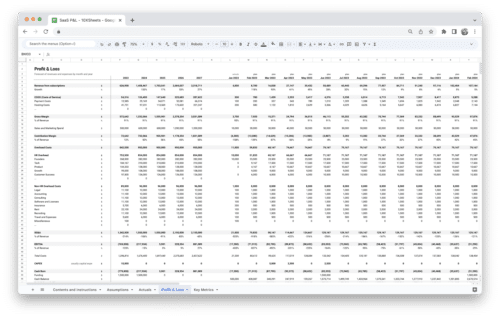
Zero-coupon bonds, also known as discount bonds, are fixed-income securities that do not pay periodic interest but are sold at a discount to their face value. This means that investors buy the bonds at a price below the face value and receive the face value at maturity. Zero-coupon bonds are issued by corporations, municipalities, and governments, and are considered some of the safest investments available.
What are Zero-Coupon Bonds?
Zero-coupon bonds are debt securities that do not pay interest during their life but instead are sold at a discount to their face value. The term “zero-coupon” refers to the fact that these bonds do not have a coupon rate, which is the interest rate paid on the face value of a bond. Instead, the investor receives the face value of the bond at maturity, which is the amount that the bond was issued for.
How does a Zero-Coupon Bond Work?
A zero-coupon bond is issued at a discount to its face value, which is the amount that the bond will be worth at maturity. The discount represents the interest that the investor will earn on the bond. For example, if a $1,000 zero-coupon bond is issued at a discount of 5%, the investor will pay $950 for the bond ($1,000 x 0.95) and will receive $1,000 at maturity. This means that the investor will earn $50 in interest over the bond’s life, which is equivalent to an annual interest rate of 5%.
Advantages of Zero-Coupon Bonds
Zero-coupon bonds offer several advantages for investors, including:
- Safety: Zero-coupon bonds are considered to be some of the safest investments available because they are issued by corporations, municipalities, and governments with strong credit ratings.
- Predictability: Because zero-coupon bonds do not pay interest during their life, investors know exactly how much they will receive at maturity.
- Tax benefits: Because zero-coupon bonds do not pay interest during their life, investors do not have to pay taxes on the interest earned each year. Instead, they pay taxes on the difference between the purchase price and the face value of the bond at maturity.
Disadvantages of Zero-Coupon Bonds
While zero-coupon bonds offer several advantages, they also have some disadvantages that investors should be aware of, including:
- No regular income: Because zero-coupon bonds do not pay interest during their life, investors do not receive any steady income from the bond. This can make it challenging to use zero-coupon bonds to generate cash flow.
- Interest rate risk: Zero-coupon bonds are sensitive to changes in interest rates. If interest rates rise, the value of a zero-coupon bond will fall, and vice versa.
- Inflation risk: Because zero-coupon bonds do not pay interest during their life, they are susceptible to inflation risk. If inflation rises, the purchasing power of the face value of the bond will decrease.
Pricing and Valuing a Zero-Coupon Bond
Zero-coupon bonds are priced and valued based on several factors, including:
- Time to maturity: The longer the time to maturity, the greater the discount on the bond.
- Credit rating: Bonds issued by entities with higher credit ratings will have lower discounts than bonds issued by entities with lower credit ratings.
- Market interest rates: If market interest rates rise, the value of a zero-coupon bond will fall, and vice versa.
The formula for calculating the price of a zero-coupon bond is:
Price = Face value / (1 + r)^t
Where r is the discount rate, and t is the time to maturity.
To value a zero-coupon bond, investors use the present value formula:
Present value = Future value / (1 + r)^t
Where r is the required rate of return and t is the time to maturity.
Conclusion
Zero-coupon bonds are a type of fixed-income security that do not pay periodic interest but are sold at a discount to their face value. They offer several advantages, such as safety, predictability, and tax benefits, but also have some disadvantages, including no regular income, interest rate risk, and inflation risk.
Zero-coupon bonds are priced and valued based on several factors, including time to maturity, credit rating, and market interest rates. Investors should carefully consider these factors before investing in zero-coupon bonds and consult with a financial advisor to determine whether they are suitable for their investment objectives and risk tolerance.
Get Started With a Prebuilt Template!
Looking to streamline your business financial modeling process with a prebuilt customizable template? Say goodbye to the hassle of building a financial model from scratch and get started right away with one of our premium templates.
- Save time with no need to create a financial model from scratch.
- Reduce errors with prebuilt formulas and calculations.
- Customize to your needs by adding/deleting sections and adjusting formulas.
- Automatically calculate key metrics for valuable insights.
- Make informed decisions about your strategy and goals with a clear picture of your business performance and financial health.

